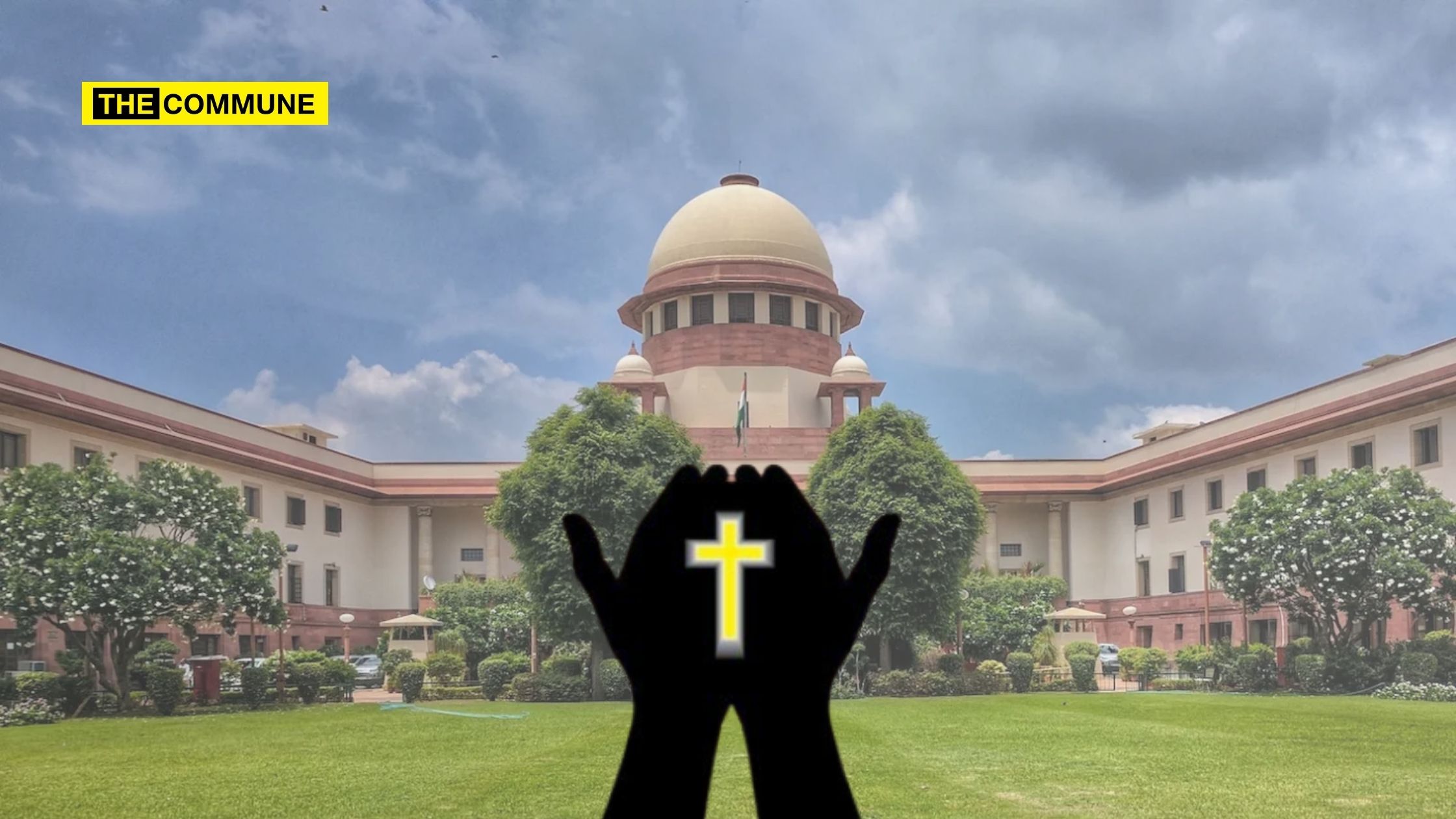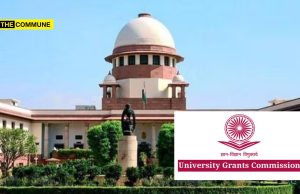
In a significant ruling, the Supreme Court has held that religious conversion solely to avail quota benefits, without genuine belief in the adopted faith, undermines the constitutional ethos and reservation policies. A bench comprising Justices Pankaj Mithal and R Mahadevan dismissed the appeal of C Selvarani, a born Christian, seeking a Scheduled Caste (SC) certificate for an Upper Division Clerk job in Puducherry. The court upheld the Madras High Court’s decision to deny her the certificate.
Writing for the bench, Justice Mahadevan emphasized, “India is a secular country, and every citizen has the right to practice and profess a religion of their choice as guaranteed under Article 25 of the Constitution. However, if the purpose of conversion is largely to derive the benefits of reservation but not with any actual belief in the other religion, the same cannot be permitted, as the extension of benefits of reservation to people with such ulterior motives will only defeat the social ethos of the policy of reservation.”
The appellant had claimed to profess Hinduism, belonging to the Valluvan caste recognized under the Constitution (Pondicherry) Scheduled Castes Order, 1964. Selvarani argued that she was born to a Hindu father and a Christian mother, both of whom followed Hindu practices. She submitted that her educational and other records affirmed her SC status, and her father and brother held SC certificates.
However, the Court noted that the evidence presented, including a report from the Village Administrative Officer, contradicted these claims. The report revealed that Selvarani’s parents were married under Christian rites, her father had converted to Christianity through baptism, and she herself was baptized at two months old. The Court further observed that Selvarani and her family continued to practice Christianity actively. “The appellant professes Christianity and actively practices the faith by attending church regularly. Despite the same, she claims to be a Hindu and seeks for Scheduled Caste community certificate for the purpose of employment. Such a dual claim made by her is untenable and she cannot continue to identify herself as a Hindu after baptism,” the bench held.
The Court rejected her argument that her baptism as an infant was involuntary, stating, “She did not make any attempt to cancel the registration of baptism nor file any declaratory suit in this regard.” It also noted the absence of any public declaration or formal reconversion process, such as a ceremony through the Arya Samaj, which could substantiate her claim to Hinduism. “The appellant and her family, if they really intended to get themselves converted, ought to have done some positive act to evince such conversion rather than a meek claim to be practicing Hinduism,” the Court remarked.
Highlighting the constitutional and legal framework, the Court reiterated that Scheduled Caste status is reserved for individuals professing Hinduism, Buddhism, or Sikhism under the SC Orders. Justice Mahadevan observed, “In any case, upon conversion to Christianity, one loses her caste and cannot be identified by it. As the factum of reconversion is disputed, there must be more than a mere claim. There is nothing on record to show that she or her family has reconverted to Hinduism, and on the contrary, there is a factual finding that the appellant still professes Christianity.”
The Supreme Court observed that the evidence clearly demonstrated the appellant’s active practice of Christianity, including regular church attendance. “Despite this, she identifies as Hindu to obtain an SC community certificate for employment purposes,” the bench stated, adding that such contradictory claims were not permissible. “After baptism, she cannot continue to identify as Hindu,” the court concluded.
As reported by PTI, the court ruled that granting Scheduled Caste status to the woman, who followed Christianity but claimed Hinduism solely to access employment reservations, “would go against the very object of reservation and would amount to fraud on the Constitution”.
The Court dismissed the appeal, concluding that granting Selvarani SC communal status would constitute a “fraud on the Constitution” and undermine the very objectives of the reservation policy.
(With inputs from Verdictum)
Subscribe to our channels on Telegram, WhatsApp, and Instagram and get the best stories of the day delivered to you personally.




